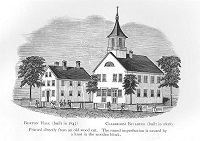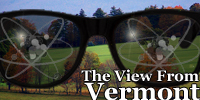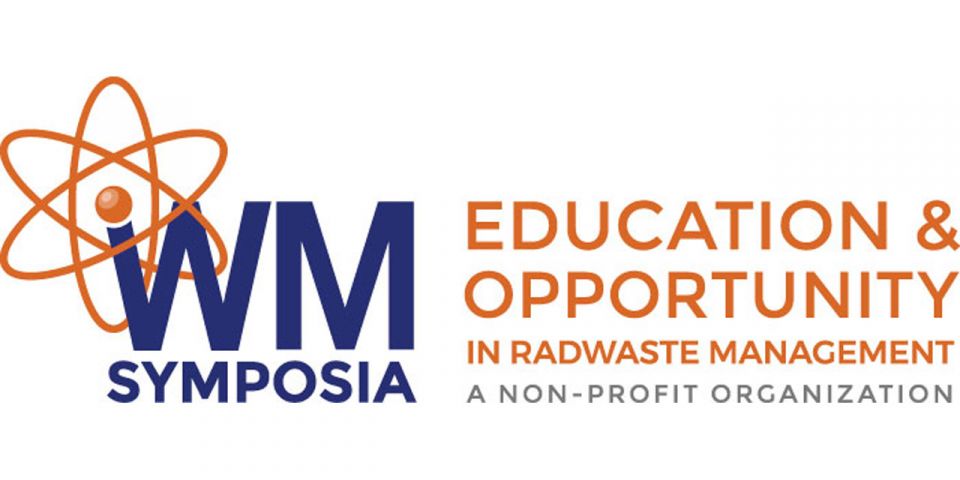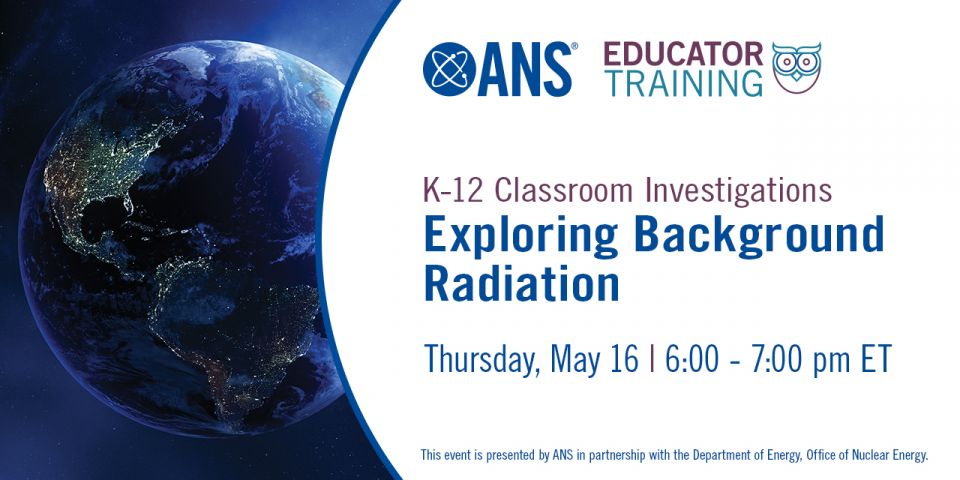Young People and Nuclear Power
University students: Our first interaction with students and their questions was at the University of Vermont (UVM), where we attended the showing of a film about nuclear power. The film was quite negative about the subject. However, not all the people in the room really cared that much about energy, as far as we could tell. Some students got extra credit for watching the film. The room held about 80 people and was filled to overflowing.
High school students: Our second interaction with students was a presentation at a charter high school in Massachusetts. The entire senior class at the high school is doing a cross-disciplinary project on the Vermont Yankee nuclear power plant and energy. The class is small, about 40 students, and we spoke with them for about two hours. Both the assistant principal and the physics teacher also attended our talk. The students had already visited Vermont Yankee's simulator facility, where they met plant operators and learned about running a power plant. Vermont Yankee staff told us that they had been impressed with how thoughtful and knowledgeable the students were. At the end of the cross-disciplinary project, each student will write a position paper on whether or not nuclear power should continue to be used.
So, we met two diverse groups of students: One attending college, with no particular knowledge of nuclear energy, and one in high school, with quite a bit of knowledge of how a nuclear plant works. What were their questions? What questions were the same? How did they differ?
Below are my impressions.
The college questions
 You can see a more complete list of college questions and answers at Howard Shaffer's post at the ANS Nuclear Cafe: Transparent Radiation, A Film
You can see a more complete list of college questions and answers at Howard Shaffer's post at the ANS Nuclear Cafe: Transparent Radiation, A Film
Some of the questions at the college were more position statements than questions. For example, I consider the question: "Why has no nuclear plant ever been denied a license extension?" to be a position statement against the Nuclear Regulatory Commission as a regulator, not an effort to find out about nuclear energy.
There were also questions about reactor fuel being made into weapons, the lawsuit involving Vermont Yankee, and the vulnerability of the Mark I reactor's containment. These questions were a mixture of position statements and real questions, but mostly position statements.
We did get real questions, however. Disposal of used fuel was a big issue. People showed some confusion about what a half-life meant. Interestingly, we received questions on what were problems (externalities) caused by other methods of power generation. In the comment stream on my first blog-post about the film, you can see that the film-makers did not want to encourage comparisons with other types of power generation, except renewables such as tide power. Nevertheless, students asked the question: "If not nuclear, then what?"
The high school questions
Most of the student questions at the high school were addressed to Howard Shaffer, as a nuclear engineer.
The student questions were far more knowledgeable than those at UVM. This was to be expected, since the high school students were in the middle of a cross-disciplinary study unit on nuclear power. Most of the questions fell into two groups:
- Questions about the future of nuclear power and jobs in nuclear power.
- Questions about managing nuclear waste.
Some questions were very heartening-from young people interested in the future of nuclear power and considering a career in that field. Learning about nuclear power leads some people to an interest in working in the field!
Other questions were quite challenging. Instead of the agenda-driven questions at UVM ("weapons from nuclear power"), Howard and I were asked good questions at the high school. We were nailed to the wall if our answers were not complete enough! One young woman wanted a complete explanation of how vitrifying nuclear waste works. This sequence started with a question to Howard about handling the waste, and then, with follow-up questions, we were off and running with separation, fission product half-lives, and vitrification. She wanted to know what benefit that glass (i.e., vitrification) gave for spent fuel safety. Her questions were challenging and honest. She was not making position statements.
When all is said and done, I think that some of the high school students will write anti-nuclear position papers, but some will write pro-nuclear papers, and some will want to work in the industry. In my opinion, that is a good outcome. Visiting that class was a wonderful experience.
Implications for nuclear education
Howard and I will be going to more schools. It is very heartening to see education about nuclear subjects done well, as they were at the charter school. It is disheartening to see education done with an agenda, as it was at UVM. One problem with agendas is that people don't need to learn many facts, as long as they have the agenda in place! But the contrast in knowledge levels between the two venues was quite striking. The high school students knew a great deal and the college students knew very little.
I think that we nuclear advocates sometimes assume that if nuclear energy issues are taught well, the advantages of nuclear will be clear to everyone. That is too optimistic. There will still be people who don't like the idea of fission making their electricity. With a reasonable level of education, however, there will be fewer people disliking nuclear, and more people interested in working in nuclear science and nuclear power plants.
In short, education about nuclear energy is a winning strategy for the industry.
----------------
I would also like to reference two recent blog resources for high school nuclear education: National Nuclear Science Week - This Time, Next Month! at Atomic Power Review, and Resources for Nuclear Education in High Schools at Yes Vermont Yankee.
_________









